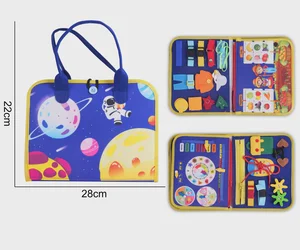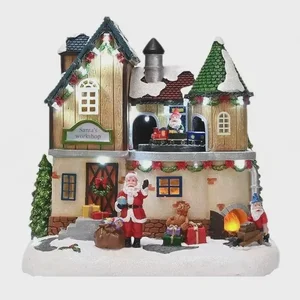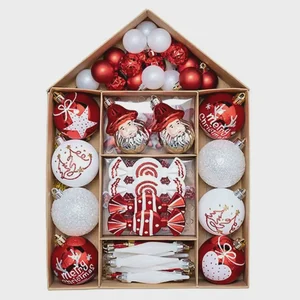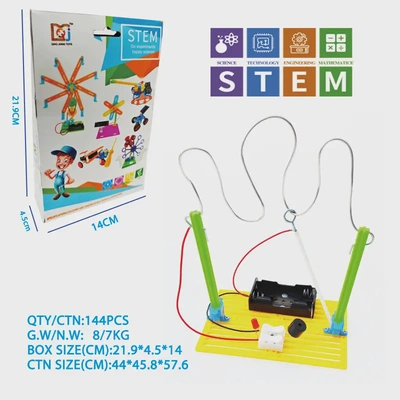Better Cosplay Materials: EVA Foam vs. Fabric for Halloween?
EVA Foam vs Fabric: The Ultimate Cosplay Material Showdown for Halloween
⚔️ The Core Differences: Structure vs. Flow
EVA Foam excels in creating rigid armor, props, and intricate details. Its moldability allows for high-accuracy replicas of metals, composites, and sci-fi elements (92% accuracy for armor detailing)
. Fabric dominates flowing garments, capes, and organic shapes, especially when using stretch vinyl, spandex, or 4-way stretch materials for dynamic movement (9/10 flexibility rating)
🛡️ Best Applications for Each Material
💪 EVA Foam Wins For:
- Armor/Weapons: 5-10mm thickness provides structural integrity
- Robotics/Futuristic Elements: Heat-shaping capability creates complex curves
- Props: Lightweight yet durable (lasts 3-5 years when sealed properly)
🧵 Fabric Wins For:
- Draped Clothing: Silk/Lycra blends mimic magical robes
- Bodysuits: 4-way stretch allows full mobility
- Quick Fixes: Gluing fabric over foam creates hybrid details
💰 Budget & Tools Compared
|
Factor |
EVA Foam |
Fabric |
|
Startup Cost |
$75+ (heat gun, contact cement) |
$135+ (sewing machine, serger) |
|
Material Cost |
2−2−3/sq meter |
$15+/yard (premium stretch fabrics) |
|
Hidden Expenses |
Sealants (22),paints(22),paints(40+) | Linings (15/yd),interfacing(15/yd),interfacing(18) |
Pro Tip: Beginners should start with foam for armor pieces and fabric for capes to minimize tool investments
☔ Weather & Durability Face-Off
|
Condition |
EVA Foam |
Fabric |
|
Rain |
Warps if unsealed |
Colors bleed (unless treated) |
|
Heat (>90°F) |
Sealant fails |
Natural fibers breathe well |
|
Longevity |
3-5 years |
5-8 years (quality sewing) |
Critical Fixes:
- Seal EVA with Plasti-Dip (5-7 layers prevent warping)
- Treat fabric with waterproof spray (80% stain reduction)
🎨 Achieving Professional Results
EVA Finishing Secrets:
“Heat texturing + layered Plastidip creates realistic metal/leather effects”
- Dry-brush metallic paints onto raised details
- Use rotary tools for battle damage
- Glue bamboo fabric interiors for comfort
Fabric Professionalization:
- Understructure with EVA foam for dramatic silhouettes
- Stretch vinyl over foam creates flexible "armor"
- OEKO-TEX certified dyes prevent fading
⚙️ Hybrid Techniques: Maximize Strengths
Combine materials strategically:
- Structural Bases: EVA foam helmets/shoulder plates
- Flexible Joints: Spandex-covered foam at elbows/knees
- Detailing: Fabric accents on foam props (e.g., sword hilts)
Case Study: Stormtrooper costume with EVA body armor + fabric undersuit increases mobility by 70%
❓ Critical FAQs
💡 Q: Which holds up better at crowded conventions?
A: EVA foam resists crushing (4.2/5 durability), while fabrics snag easily. Reinforce fabric seams with nylon webbing
💡 Q: How to prevent sweat damage?
A:
- EVA: Install hidden PC fans
- Fabric: Choose moisture-wicking bamboo blends
💡 Q: Can EVA look as realistic as Worbla?
A: Yes! Use layered sealing:
- Heat texture → 2. Latex caulk → 3. Plastidip → 4. Paint
🌐 Authority Resources
- EVA Foam Beginner Tutorial (Tools, sealing)
- Fabric Over Foam Techniques (Hybrid builds)
- OEKO-TEX Certified Fabrics (Non-toxic materials)
- Cosplay Material Safety (Chemical test data)
✅ Decision Cheat Sheet
|
Project Type |
Best Material |
Pro Tip |
|
Samurai Armor |
EVA Foam (5mm) |
Heat-form curves |
|
Elven Robes |
Silk/Lycra Blend |
Add a foam collar understructure |
|
Iron Man Suit |
Hybrid |
EVA plates + stretch fabric joints |
|
Last-Minute |
Pre-made fabric + foam accents |
Use hot glue for quick joins |
“Choose EVA for what needs to stand firm, fabric for what must flow, and combine them for magic.” – Elena Rodriguez, Pro Cosplayer





